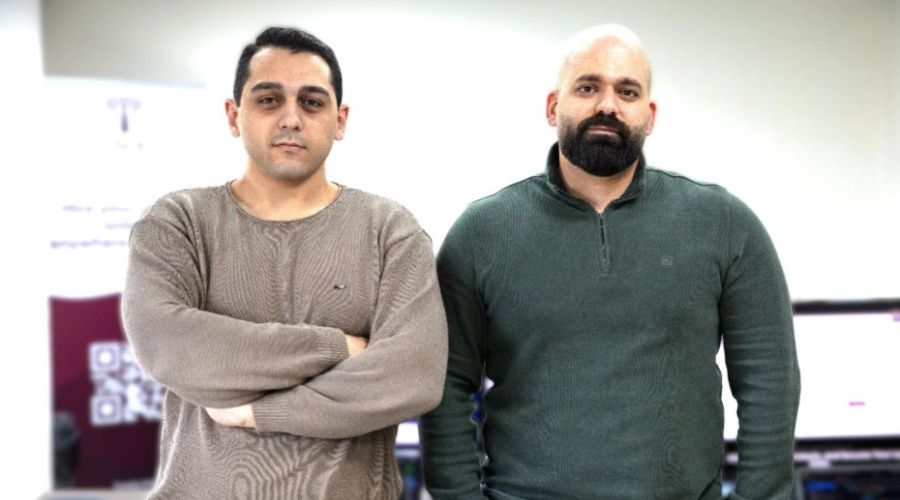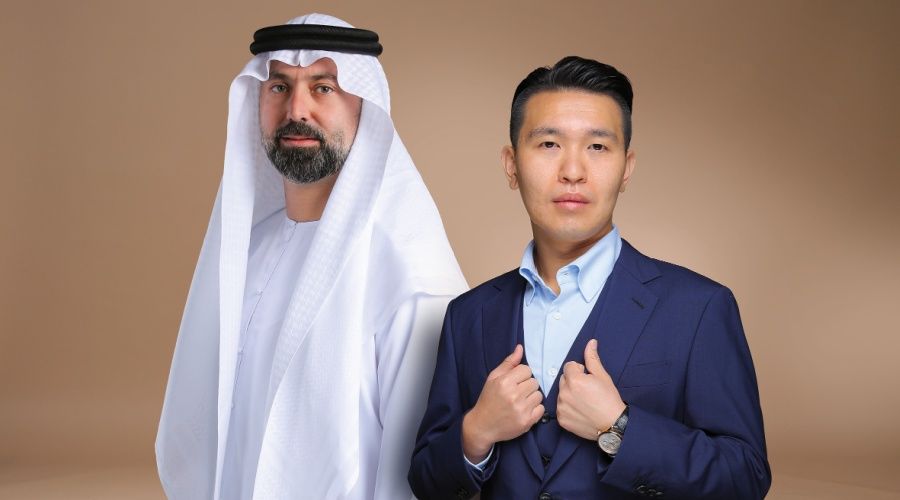A new frontier in biotechnology is attracting massive investment, as a wave of ambitious startups leads a multi-billion-dollar race to slow, and even reverse, the process of human aging. The 2022 launch of Altos Labs with an unprecedented $3 billion in funding marked a pivotal moment, signaling a new level of investor commitment to the once-fringe field of longevity science.
The New Titans Of Longevity Tech
Altos Labs is now one of several major players pushing the boundaries of what’s possible. The California-based company is focused on cellular rejuvenation programming and has already shown early success in making mice healthier and live longer. It is joined by other heavily-backed ventures, including Retro Biosciences, which is raising $1 billion with support from prominent investor Sam Altman to develop drugs for conditions like Alzheimer’s. Another key player is NewLimit, a genetic reprogramming startup co-founded by Coinbase CEO Brian Armstrong, which recently secured $130 million in a Series B funding round.
Scientific Hurdles And Cautionary Tales
Despite the influx of capital and promising research, the path to creating life-extending therapies is fraught with challenges. The industry is still in its nascent stages, and not all ventures succeed. UNITY Biotechnology, a company that aimed to develop drugs targeting senescent—or “zombie”—cells that accumulate with age and cause damage, serves as a cautionary tale. After its lead drug failed in clinical trials, the company was delisted from the Nasdaq exchange, highlighting the significant risks involved. Industry experts compare the sector to the weight-loss drug market before the breakthrough success of GLP-1 agonists, suggesting a single major success could open the floodgates for the entire field.
The Regulatory Maze Treating Age Itself
One of the most significant non-scientific obstacles for longevity startups is the regulatory landscape. Health regulators, including the U.S. Food and Drug Administration (FDA), do not officially recognize aging as a medical condition. This makes it impossible to design clinical trials with the primary goal of “treating aging.” To navigate this, many biotech companies are instead targeting specific age-related diseases, such as Alzheimer’s or cardiovascular conditions, as a more viable path to regulatory approval for their novel treatments.
Relevance To The MENA Region
While the key players in longevity biotech are currently concentrated in the West, this global trend holds significant relevance for the MENA region. As part of ambitious economic diversification plans like Saudi Vision 2030, Gulf countries are making substantial investments in advanced healthcare, life sciences, and biotechnology, creating a fertile ground for future research, partnerships, and adoption of longevity therapies. The region’s powerful sovereign wealth funds, which are already major investors in global technology, are well-positioned to become key financial backers in this high-growth sector. Furthermore, the growing focus on preventative health and enhancing “healthspan”—the years of healthy living—across MENA aligns perfectly with the core mission of the longevity industry, suggesting a strong potential for regional demand and collaboration.
About Altos Labs
Altos Labs is a biotechnology company focused on cellular rejuvenation programming with the goal of restoring cell health and resilience to reverse disease, injury, and the disabilities that can occur throughout life. Headquartered in California, the company has a global community of scientists, clinicians, and leaders dedicated to solving the complex challenge of age-related diseases.
Source: Al-Ain News














